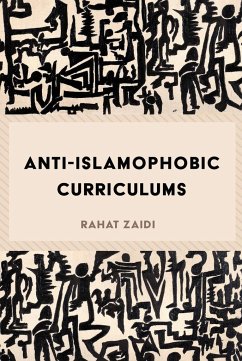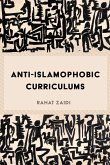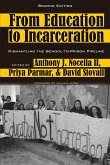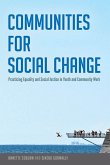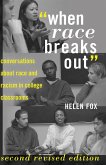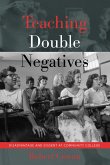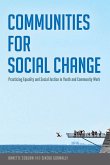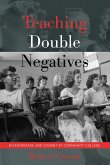Since patterns of immigration began taking hold, one of the primary goals of any immigrant to, or citizen of, North America has been to be accepted and to adapt to a new culture and learn to live a productive and healthy life. There are many different means by which people endeavor to accomplish this. One of these is through education, a platform that has been, and should continue to be, a principal path to achieving this goal. The field of education has also become one of the primary forums for provoking and questioning societal norms and is a powerful means towards achieving the vision of a multicultural society capable of living, working, and playing in harmony.
Anti-Islamophobic Curriculums presents a specific curriculum to help teachers and young learners gain more awareness of cultures much different from theirs. Anti-Islamophobic Curriculums also endeavours to decrease sociophobic reaction toward cultures that are unfamiliar and to acquaint learners with a curriculum beyond what has traditionally been their predominant English/French/Indigenous experience. While the conclusions this book draws are applicable to any culture, the curriculum presented here emphasizes the Islamic culture and, through the educational process, aims to mitigate the sociophobic reaction its members often encounter.
Anti-Islamophobic Curriculums presents a specific curriculum to help teachers and young learners gain more awareness of cultures much different from theirs. Anti-Islamophobic Curriculums also endeavours to decrease sociophobic reaction toward cultures that are unfamiliar and to acquaint learners with a curriculum beyond what has traditionally been their predominant English/French/Indigenous experience. While the conclusions this book draws are applicable to any culture, the curriculum presented here emphasizes the Islamic culture and, through the educational process, aims to mitigate the sociophobic reaction its members often encounter.
"<> represents a major contribution to the development of educational policies and instructional practices that aim to challenge patterns of exclusion and discrimination experienced by both the Muslim community and other minoritized groups. The book affirms the power of education to shift societal attitudes and practices to challenge rather than reinforce entrenched phobic perspectives. It illustrates how this can be done by describing the development of a curriculum unit entitled <> and its integration into the Alberta social studies curriculum. Timely, lucid, and instructionally important, this book should be essential reading for educators in diverse societies." -Jim Cummins, Professor Emeritus, Ontario Institute for Studies in Education, University of Toronto

